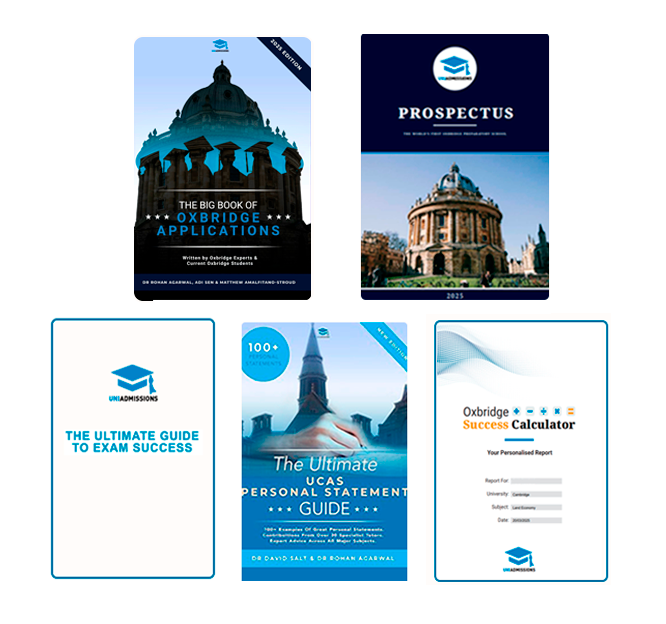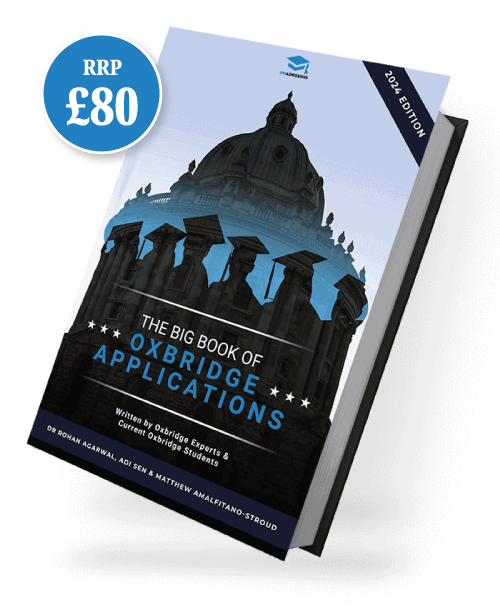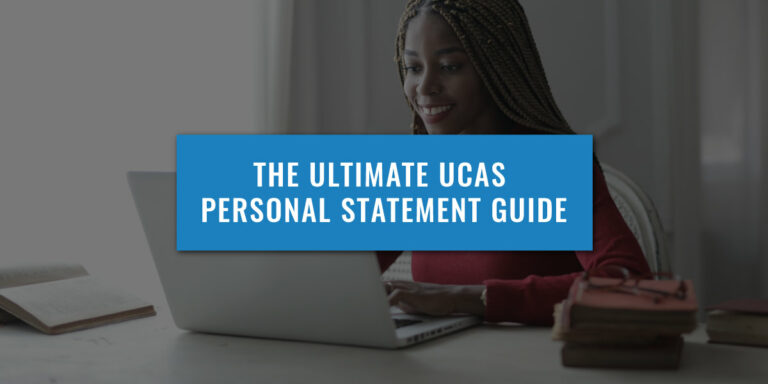Worried About Getting into Medical School? Find out the Lowest Entry Requirements for Medicine.
There are various requirements for Medical Schools that, of course, can vary at each university. It’s useful to check the websites to make sure.
Here, we break down the lowest entry requirements for Medicine into sections, so you can see what you need to achieve to succeed.
What are the lowest entry requirements for medicine?
Before asking “what are the lowest entry requirements for Medicine?” you must first ask “what are the entry requirements?”. Medicine is not all about the grades, you must be a rounded individual and impress the Medical School in more ways than simply academic.
Medicine is incredibly competitive and it helps to have an edge. Our expert tutors are on hand to help you achieve your dream offer.
We help you craft the perfect Personal Statement, achieve a highly competitive UCAT score and teach you how to Interview effectively – covering all areas of your Medicine application.
Discover our Oxbridge Medicine Premium Programme by clicking the button below to enrol and triple your chances of success.
Lowest Grades for Medicine
Although I mentioned that grades are not everything, academic excellence is normally assumed as a baseline for Medical School applications. That being said, what is the lowest entry requirement for Medicine with regards to academic achievement?
That all depends on where you are applying. Medical Schools such as Cambridge will be unlikely to accept anything short of A*A*A with most students having three or more A* grades at A-level.
So, if you struggle academically, then Oxbridge may not be a sensible application for you.
Universities such as Cardiff and Anglia Ruskin are slightly more lenient with their entry requirements and may take lower entry requirements for Medicine based on other variables. For instance, Anglia Ruskin currently requires at least AAA.
An example of how Medical Schools can be slightly more lenient with their lowest entry requirements for Medicine is as follows…
If you have missed your requirement by one grade but have some other academic evidence such as an EPQ then the Medical School may still allow you your place. However, it’s important to be aware that this is rare and tends to only happen if you have been predicted high grades or already have your grades.
If you are predicted less than the minimum grade requirements then there is not often anything that you can do to improve this. In a situation where you are predicted something like AAB, it may be advisable to do your A-levels and then take a year out to reapply.
It’s also a great opportunity to build on your work experience! If you already have your grades when you apply, then a Medical School is taking less of a gamble on you than someone with only predicted grades.
Access "The Oxbridge Application Vault"
- 300+ page ebook for Oxbridge Applicants
- 25 page ebook for Personal Statement
- 2h+ online course to succeed in any exam
- Online Oxbridge Success Calculator
- 12 page ebook about UniAdmissions

Access "The Big Book Of Oxbridge Applications" For FREE
Oxford and Cambridge have high entry requirements, so download The Big Book Of Oxbridge Applications for free now to learn how you can succeed in the application process. Through over 350 pages, you’ll find:
- Over 40 admissions test practice questions
- 28 example Oxbridge Personal Statements
- Interviews with Oxbridge students and graduates
- Additional downloadable resources
Fill in your details below to claim your digital copy today!

work experience for Medicine
Work experience is a simple and easy issue to overcome. Plan ahead and go and get some! It really is that simple.
Medical Schools do not want to see that you have shadowed the best cardiologist in the world, or that you are personal friends with a consultant anaesthetist who let you into theatres once.
Admissions tutors want to see that you have gained something from your work experience, whether it be in a care home, a hospital, or at a local GP. What you gain from your experience is far more valuable than what you actually undertook
In line with the article title, the pressing question is what are the lowest entry requirements for Medicine and medical work experience? The best thing to do is only focus on relevant experience that gives you an insight into the medical field.
Remember to keep notes on what you do, your thoughts and opinions and what you learnt. It gives you something to talk about in an interview and is necessary for a Medicine Personal Statement.
But if, for whatever reason, you couldn’t get that much work experience and only had, say, two days of experience, identify what you gained from it and identify its limitations.
For example, a limitation of two days of work experience is that you might not have a strong understanding of the medical profession and what it means to be a doctor. To remedy this, see if you can speak to any healthcare professionals.
Although not as good as longer-term work experience, it proves to the Medical School that you can weigh up your experiences.
What If I Am Unable To Get Work Experience?
If you’re unable to get work experience, don’t worry, there is a newly released platform that allows you to gain a virtual work experience and show your interest in the field without having to physically be there. This has become especially important during the COVID-19 pandemic. Read on for more information on Observe GP, the virtual medical work experience platform.
Ready to start your application
process?
Applying to Oxbridge is notoriously competitive. For some degrees, as few as 6% of all applicants receive an offer. Our Premium Programmes are tailored to triple your chances of gaining an offer from your dream College.
Elliot shares his experiences of working with us and how we helped him to achieve Oxbridge Medicine success.

Lowest UCAT score
The University Clinical Aptitude Test (UCAT) is the Admissions Test for UK undergraduate medicine and it can daunting for a lot of applicants and understandably can be a source of much anxiety.
Identifying your weak points will help your application as Medical Schools often put emphasis on different sections. That’s why it’s difficult to answer the question of what are the lowest entry requirements for Medicine with regards to Admissions Tests.
Many medical applicants struggle with the Situational Judgement component, however, there are some Medical Schools that do not take this into account. It is all about being aware of what the Medical School wants and to play your cards right to give yourself the best chance of success.
Some UCAT Medical Schools have strict cut-offs for certain sections or overall totals for the UCAT. For example, the University of Glasgow Medicine Degree admissions has a minimum UCAT score for interview selection of around 2680.
Also, remember that if you score badly through a lack of preparation, there is always the possibility of taking a year out and reapplying. This gives you time to focus on the UCAT where you might have struggled before due to exam stress.
When looking at which Medical Schools accept lower UCAT scores, if you score around 610 on the UCAT, this is a low score but as we suggested earlier, some schools place less emphasis on the UCAT.
For example, Keele University has a low minimum cut-off score of around 570 and Plymouth cut-off is around 590-600 and they currently do not use Situational Judgement scores.
What Should Take Priority?
Grades, work experience, and Admissions Tests form the main bulk of requirements to meet when applying to Medical Schools.
The best advice would be to prioritise your A-level results over anything as these are the most difficult to redo. Work experience and Admissions Tests can be improved upon, whereas it is more difficult to do this with your A-level results. Here are some further tips:
- Do not rely on Medical Schools to be lenient on A-level grades. Do your best first time around.
- Get quality, relevant and insightful work experience. If you cannot get long-term work experience, then identify your weaknesses and be prepared to defend yourself in the interview. (Even better, find something that fills in the missed areas of work experience).
- Be strategic with your Admissions Tests. Know whether you are academically strong enough to succeed in the UCAT and choose your Medical Schools to favour your results. Identify what a Medical School looks for in a UCAT score, such as scoring highly in a particular section, and make it work in your favour.
Most of all, remember that if you don’t get into Medical School the first time, you can reapply. This gives you the time you need to re-evaluate your application and strengthen it appropriately. A Medical School will prefer to make an offer to someone who already has their grades.
Ready to start your Medicine journey? Our application support provides you with structured learning to give you the best chances of success.
With over 250 hours of guided study (including One-To-One Tuition, Mock Interviews, Intensive Courses and Comprehensive Materials), our expert Oxbridge Medicine Premium Programme truly gives you an advantage that can make the difference between an offer and rejection..
Discover our Oxbridge Medicine Premium Programme by clicking the button below to enrol and triple your chances of success.







